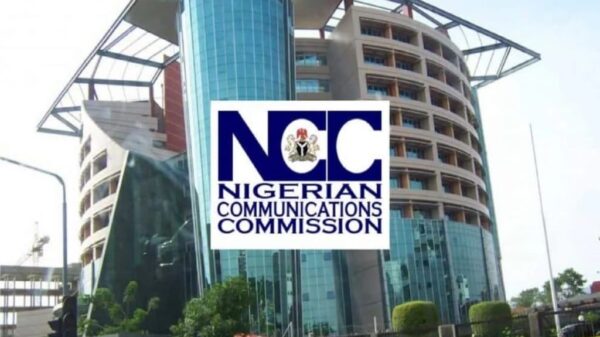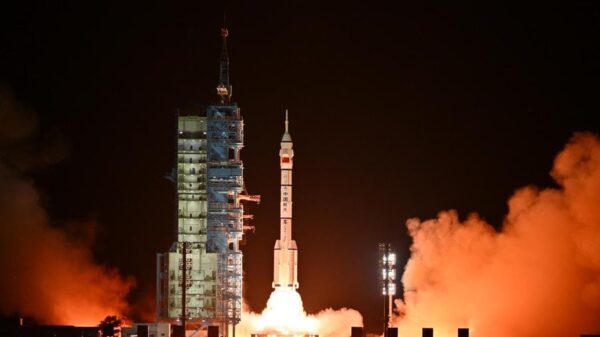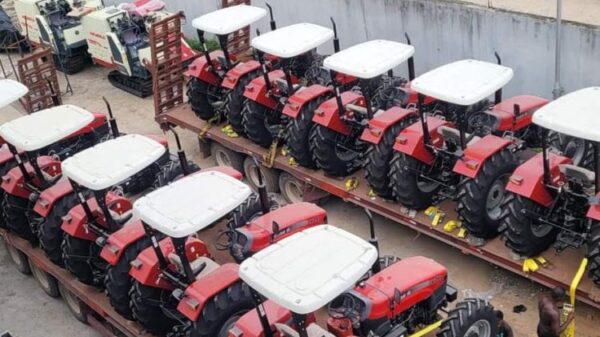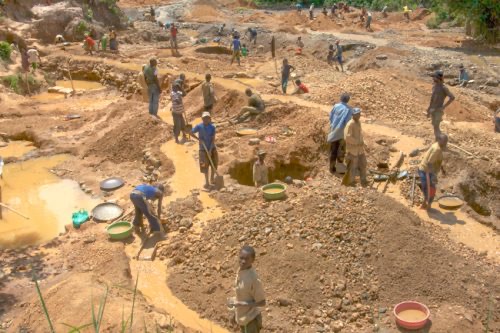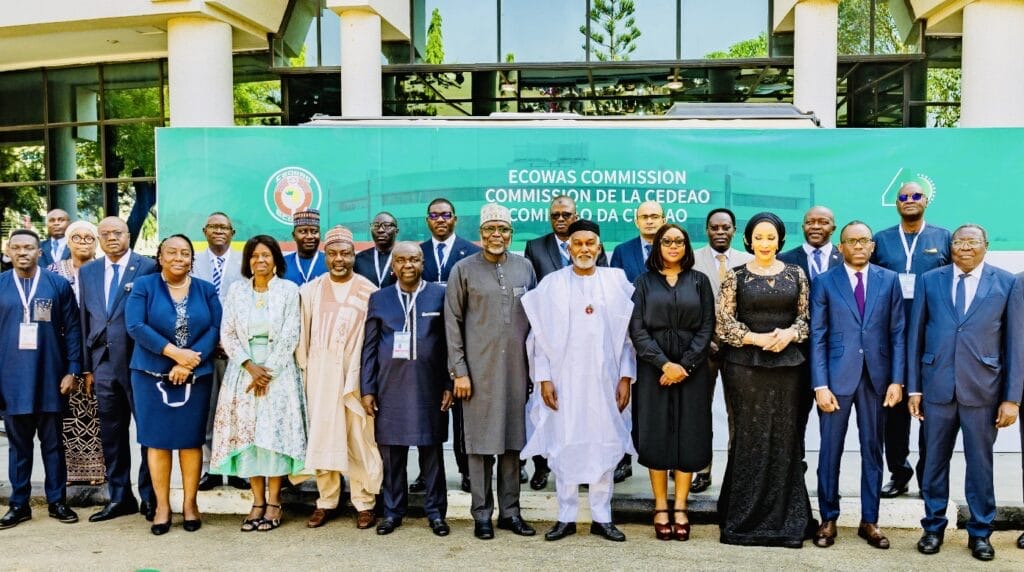President of the ECOWAS Commission Dr Omar Touray has urged member states to leverage the vast potentials of West Africa’s private sector toward subregional economic integration and development.
Touray made the plea at the 93rd Ordinary Session of ECOWAS Council of Ministers on Thursday in Abuja.
He said that local private sector actors needed the support of both ECOWAS and individual member states because they have an important role in achieving the bloc’s economic integration efforts.
The commission’s president explained that the goal was to mobilise, develop and retain regional capital within the ECOWAS subregion for the overall good of all.
“The role of our private sector in providing the necessary resources for our Institutions, removing non-tariff barriers, implementing regionally agreed policies and commitments is vital to our success.
“Our local private sector actors also have an important role, and they need the support of both the regional institutions and governments to exploit the vast potentials in our community.
“We must give our local private sector actors the right of first refusal in any investment opportunity in our community.
“We should harness the resources of our businessmen and women to succeed,” he said.
Touray also said that, over the years, ECOWAS had been consistent in its determination to deepen regional integration process by deploying multifaceted strategies to achieve it, and pledged to continue doing so.
According to him, such efforts include regional energy development, regional air transport development, regional regulation on roaming on public mobile communications networks, among others within the ECOWAS space.
He said that ECOWAS had made progress in the merger of the West Africa Gas Pipeline Extension Project with the Nigeria-Morocco Gas Pipeline Project.
This, he said, follows the adoption of an Intergovernmental Agreement for the African Atlantic Gas pipeline by the Ministers in charge of Energy and Hydrocarbons.
“This regional integrative project aims to build a gas pipeline linking Nigeria to Morocco, feeding ECOWAS member states and Mauritania with future extension to Europe.
“It is an infrastructure of 6,800 km long, including 5,100 km offshore, with a transport capacity of 30 billion cubic feet of natural gas per year.
“In addition, a framework document for the establishment of an ECOWAS Renewable Energy and Energy Efficiency Facility has been finalised by the ministers,” he said.
The ECOWAS President further disclosed that progress had been made in implementing the regulation on roaming of public mobile communications networks within the ECOWAS space.
“The ECOWAS Roaming is now live in at least six member states since its adoption in December 2017 by this Council,” he said.
Touray also said a regional strategy for harmonising air transport charges, fees and taxes and a supplementary act relating to a common policy on aviation charges, taxes and fees was underway.
He said that the commission had also revived its regional cooperation and integration programme in the water sector which dates to 2001.
Touray further said that the commission had inaugurated a regional self sufficiency in rice production, otherwise called the “Rice Offensive” project, in 2014.
“To attain regional self-sufficiency in rice, it would require the local production of 33 million tonnes of milled rice to meet a planned consumption target by 2035.
“This will also require a financial investment of 15 to 19 billion dollars of capital expenditures (CAPEX) towards improving storage facilities, milling initiatives and enhancing mechanisation in paddy production.
This council has a critical role in the realisation of the many objectives we set for our region. Let me conclude by pleading with the council to redouble its support to ECOWAS institutions,” Touray added.
Also speaking, Amb. Yusuf Tuggar,
Nigeria’s Minister of Foreign Affairs and Chairman of the Council of Ministers, said the meeting reaffirmed their dedication to regional cooperation, driven by a shared vision of an integrated and prosperous West Africa.
While noting that ECOWAS was currently at a pivotal point in its existence, Tuggar said the council recognised the significant responsibilities they were tasked with, and the collective efforts required to succeed.
“The region faces multifaceted challenges that can only be overcome through enhanced cooperation and a deeper common understanding among our Member States,” Tuggar said.





